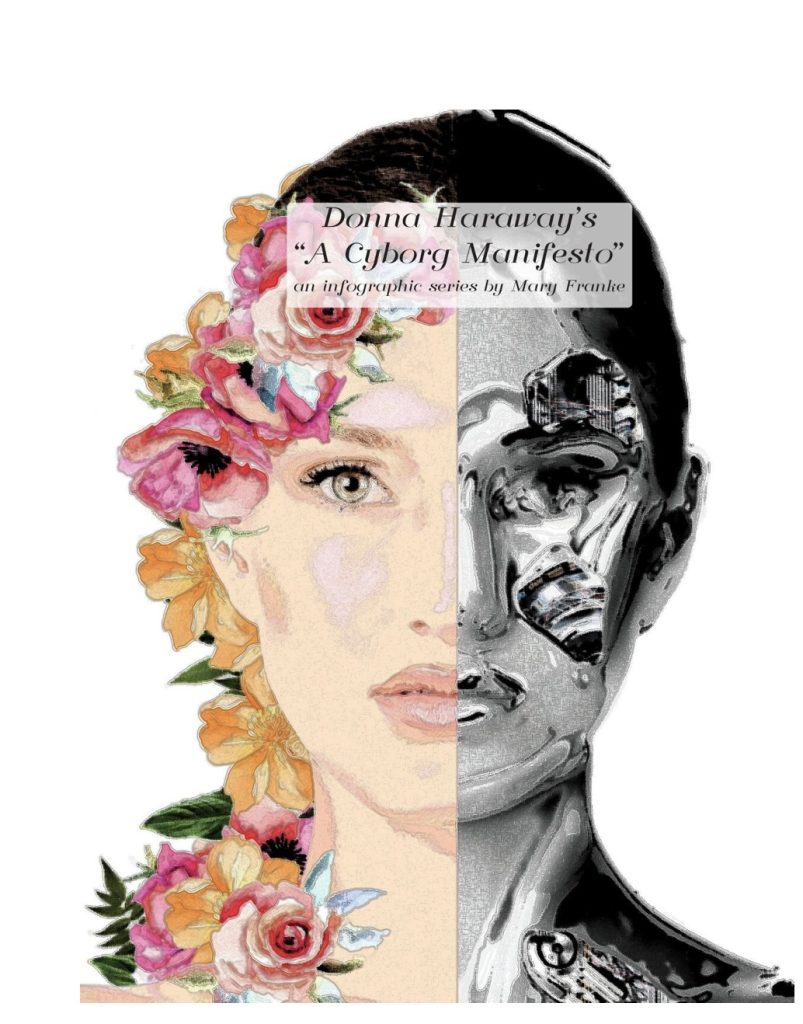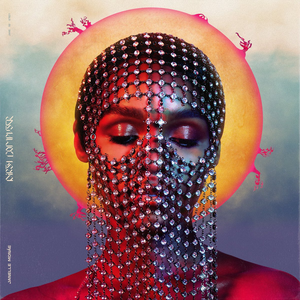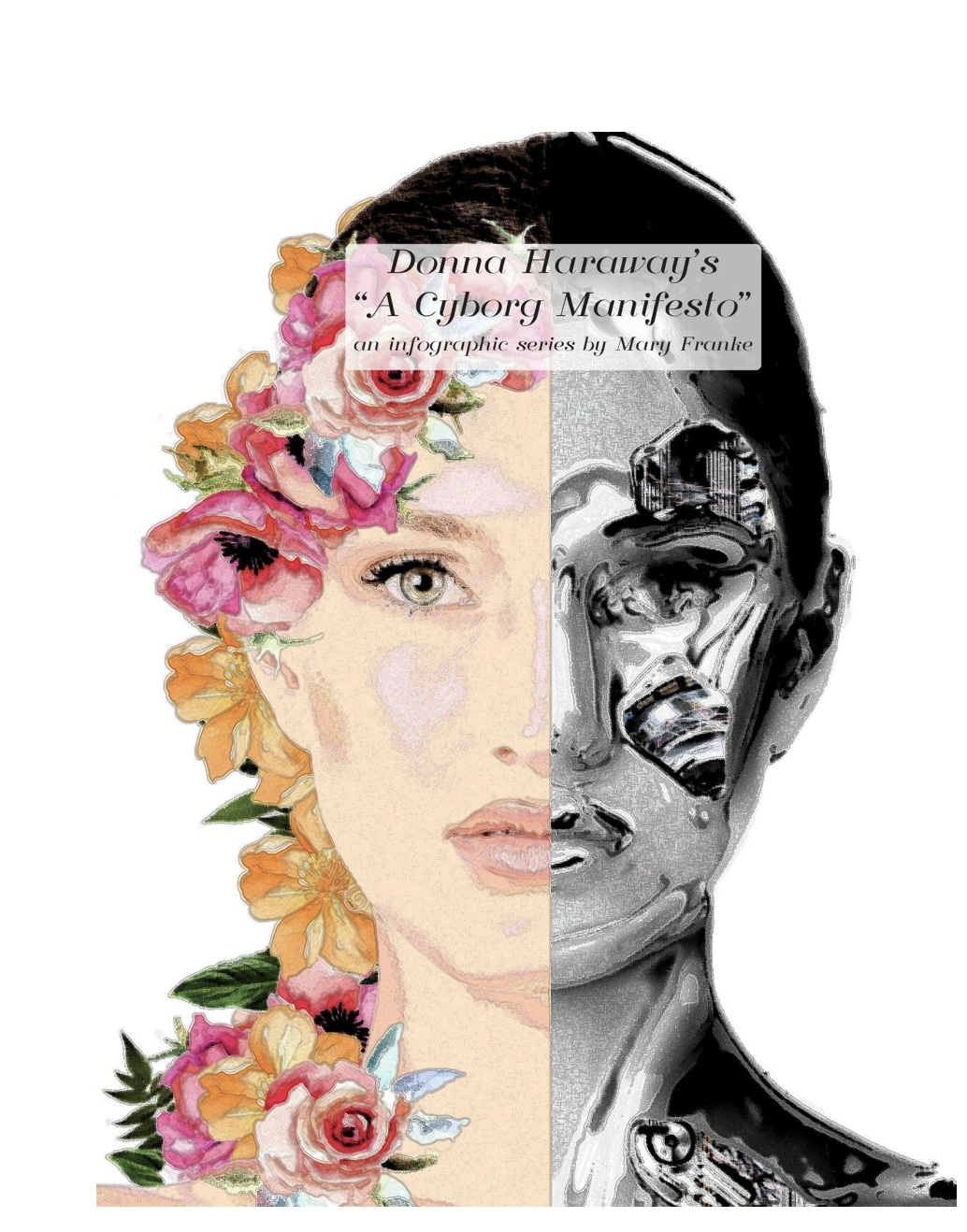Janelle Monáe’s Dirty Computer (2018) and Donna Haraway’s essay “A Cyborg Manifesto” (1985) share strikingly similar themes of identity, technology, and rebellion against societal norms. Both works explore the concept of fluidity in gender, race, and sexuality, rejecting the idea that these identities need to conform to rigid categories. In Dirty Computer, Monáe uses the metaphor of the “dirty computer” to represent marginalized people who, like Haraway’s cyborgs, transcend the limitations of traditional identities, challenging what it means to be human in a tech-driven world. With that being said, I will take apart Janelle Monae’s album and dissect some of her lyrics.

Monáe’s celebration of fluidity, especially in songs like “PYNK,” reflects Haraway’s vision of a post-gender world. Monáe reclaims symbols of femininity and embraces sexual empowerment, much like Haraway’s cyborg, who refuses to fit neatly into societal expectations. By singing “Pynk like the inside of your…baby,” Monáe is not just celebrating femininity but also challenging traditional gender roles, aligning with Haraway’s idea of breaking down binary distinctions. Both women were sort of rebellions in the sense that they do not let what society sees as “normal” determine their outlook on themselves. Instead of conforming they made it a point to stand out and embrace their uniqueness.

Both Monáe and Haraway critique oppressive power structures. Monáe’s “Django Jane” asserts defiance against patriarchal and racist systems, paralleling Haraway’s cyborg rebellion. Monáe also clashes with the paradox of technology in Dirty Computer, recognizing it as both a tool for oppression and liberation. In songs like “We Appreciate Power,” she talks about how technology is used to control people, while simultaneously acknowledging its potential for self-expression and resistance, a theme central to Haraway’s manifesto. Ultimately, Dirty Computer embodies Haraway’s vision of a cyborg: a hybrid figure that resists traditional power structures and embraces fluid, diverse identities in a world dominated by technology.
